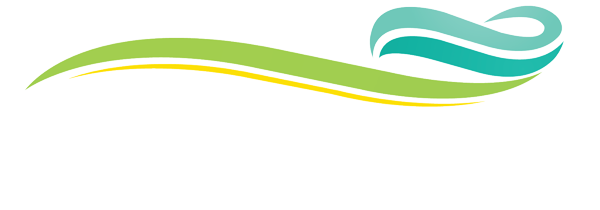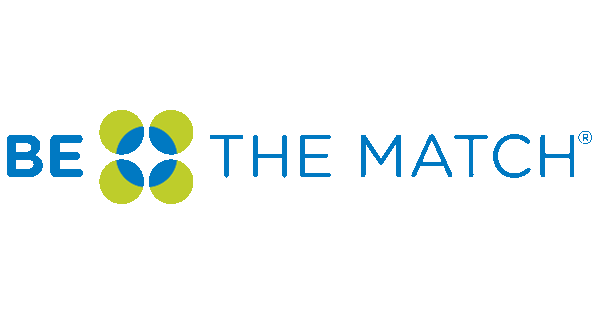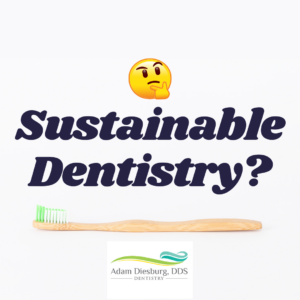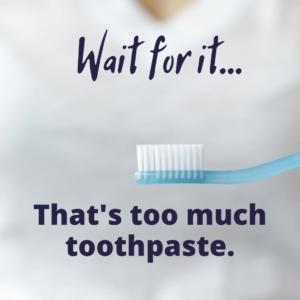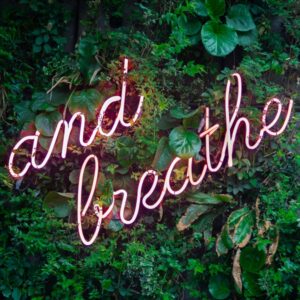In March 2013, Dr. Diesburg took a few days off work and donated marrow as part of the Be The Match national marrow registry program. We asked him a few questions about the decision to become a marrow donor.
Q: Why did you sign up to be a marrow donor?
Dr. Diesburg: At the time I signed up I was in dental school. We were talking about what it means to be a health professional. One of the five moral principles that guide health professionals is beneficence — to do good. I’ve always wanted to make a difference for the world in a big way and it was becoming clear to me that not everyone gets to make a big, sizable difference to the whole world. One of the reasons I chose the medical field was that you do get to help people in a very personal, individual way. People come to you with very real problems, and in a lot of cases, you can help them in a significant and definitive way. I had given blood before at drives, but the marrow program is so much more specific. If I knew someone who needed marrow I would hope that the person who could help them would be signed up for the program. I truly aspire to be the change I want to see in the world. If you want the world to be a better place, if you believe in the overall good, all you can really do is good do yourself and teach your children to do the same.
Q: Did you ever think you’d be called up to donate?
Dr. Diesburg: I kind of assumed I would be called up since I’m young and healthy, even though the chances of being called up immediately are small.
Q: What went through your head when you were called up?
Dr. Diesburg: I had a lot on my plate at the time. There are small risks associated with the marrow donation procedure, but even small risks could have an effect on my family and our practice. I thought for a few days about whether I was going to go through it and I thought about this anonymous person’s family and what my own family would want in the same situation. To be clear, there is a list of people who are possible matches. The organization vets the donors based on who is the best match and then the organizer goes on down the list. If it’s not right for you at that time, it makes sense to say no. But for me, if I didn’t do it, I would have felt like I was making a mistake. Part of the way I was raised is that you are given talents and abilities. I had an inherent gift that I was closely enough matched to help this person.
Q: What was the process like?
Dr. Diesburg: The Be The Match site has a really great breakdown of what the process is like to donate. Q: What was it like for you in particular?
Dr. Diesburg: There is no center in McMinnville so I traveled to Portland and Salem for the testing. The staff really lets you know what a wonderful thing it is you are doing. It feels really good. Lots of people will tell you they think it is an awesome thing to do, and it does feel good. But that wasn’t be the reason it is that I did it.
Q: Did it hurt?
Dr. Diesburg: It was definitely uncomfortable. The idea of causing any kind of trouble for my family weighed heavily on me. But measured against a possible successful treatment for this other human being with a family and a life, I feel like I made the right decision. The way people think about traditional marrow donation is a marrow draw from the pelvic bone. You have to have a surgical procedure and general anasthesia for that process. But I did what is now more common. You are administered a drug called nupogen that allows your white blood cells to increase in your bones. They run out of space and are pushed out into your blood stream. The marrow physically runs out of space in your bones. It all sounds very space age. They run the blood into a machine that filters out what they need and then they run it back into your system. It is definitely less invasive and there is less recovery time than with traditional marrow donation. I felt run down afterwards for a while, but it was worth it.
Dr. Diesburg will be on hand to talk about marrow donation at McMinnville Montessori’s Discover Spring Fun Run tomorrow at Discovery Meadows Park, 9-12 a.m.
